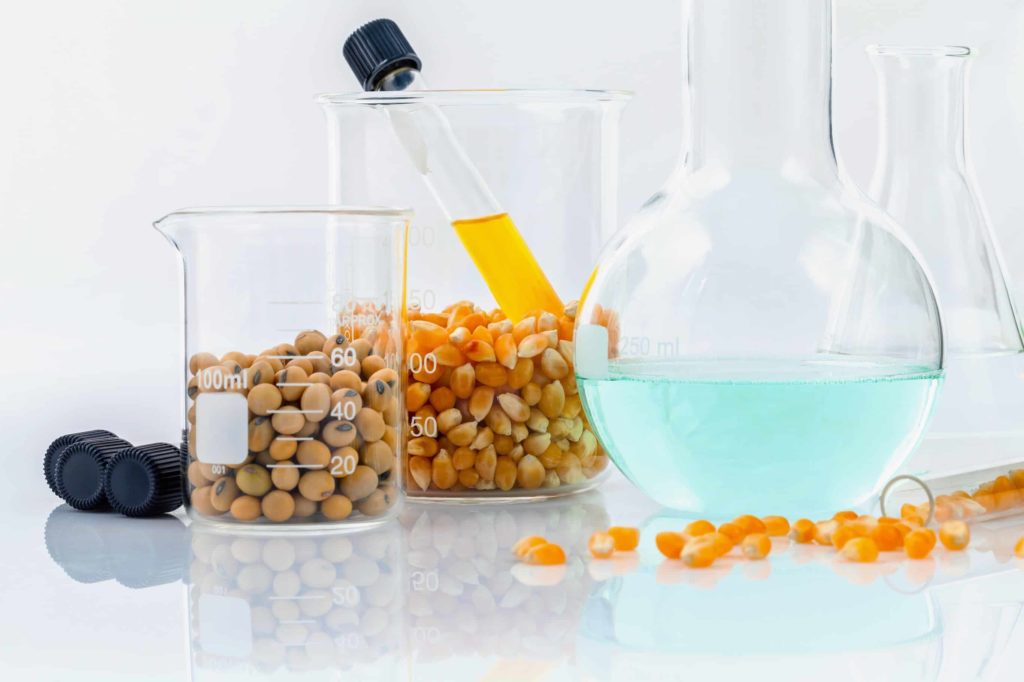GMO Testing
FoodChain ID Testing offers a full menu of qualitative and quantitative GMO testing options that can be customized to suit your products and meet your buyer’s needs. Our goal is to give you the most protection at the lowest cost.
Learn more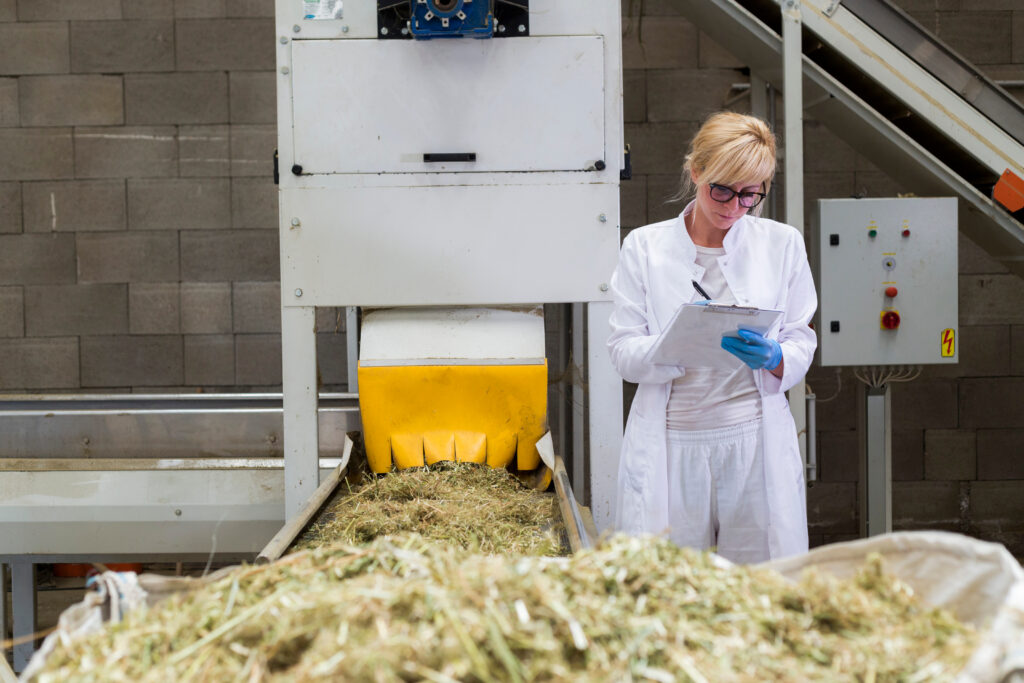

Export to Korea
GMO testing of food products to export from the United States to Korea

Export to China
Testing for Export to China

Export to Turkey
GMO Testing for Export to Turkey

Export to Taiwan
GMO Testing for Export to Taiwan
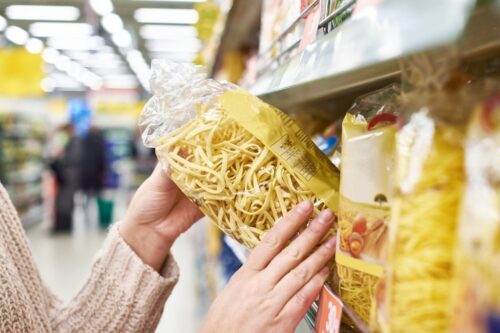
Finished Products
GMO Testing for Finished Products
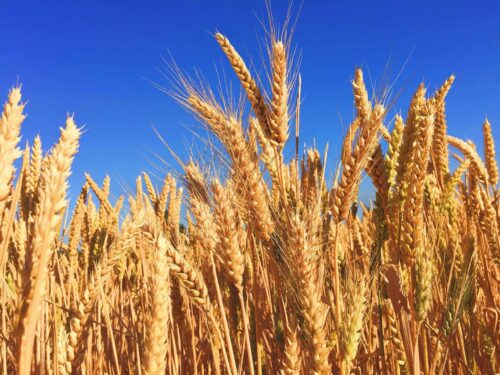
Grains
GMO Testing for Grains and other crops

Pet Food & Animal Feed
Testing for Pet Food & Animal Feed

NBFDS
Bio Engineered (BE) Compliance Testing Service

Non-GMO Project Verification
GMO Testing for Non-GMO Project Verification

Supplements
GMO Testing for Supplements

Food Contaminants Testing
By using advanced analytical techniques, we can detect and quantify these residues in food products, ensuring compliance with maximum residue limits (MRLs) and regulatory standards.
Learn more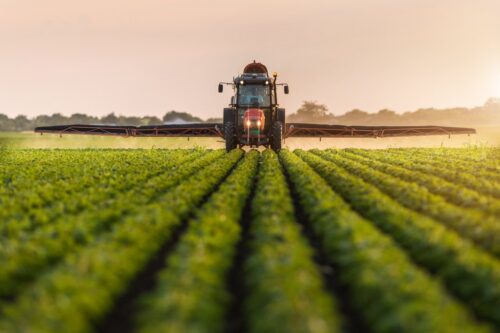
Pesticide Residue testing

Testing for Heavy Metals
Comprehensive heavy metal testing for the Big 4 Heavy Metals: lead, cadmium, mercury, and arsenic.
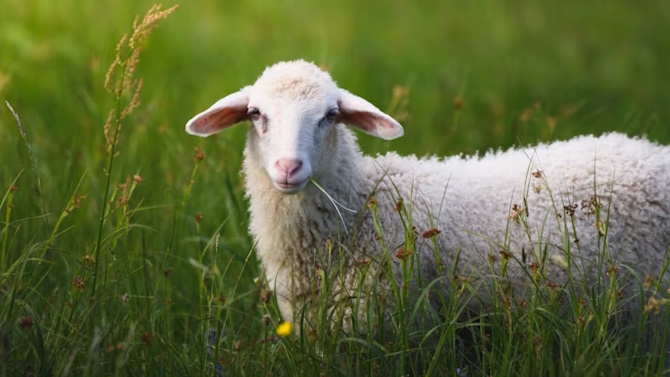
Animal Speciation Testing
This is crucial for verifying label claims, such as “100% beef”, “Halal”, or “wild-caught salmon,” ensuring consumers receive the products they expect.
With over 15 years of experience in food integrity testing, entrust your analyses to our certified laboratory for all your testing needs concerning animals:
- Halal
- Export Markets
- Animal Speciations testing
- Ruminant testing

Halal Testing
Halal Food Testing
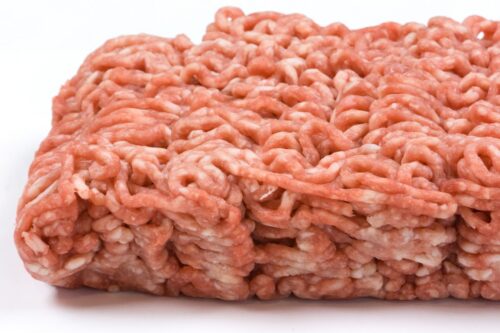
Animal Species Identification
Animal Feed and Meat Speciation Tests
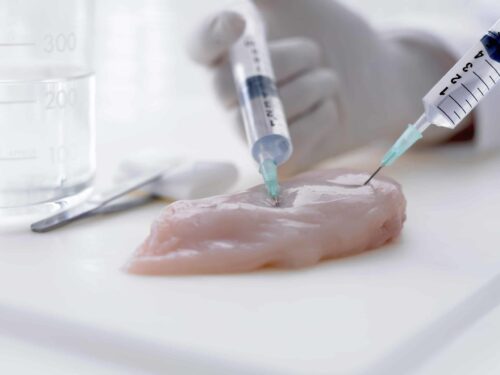
Ruminant Testing
Ruminant-Specific Testing
Additional Testing services

Gluten Testing
Gluten free testing

Contract Research Services
Including high-throughput sample DNA extraction, assay development, and assay validation

Testing for CBD and Hemp Products
hemical and microbiological analysis for the hemp & CBD industry
Testing you can trust
Why choose FoodChain ID Testing services
The accreditation process involves inspection of FoodChain ID Testing’s laboratory facilities and auditing laboratory quality systems, operational procedures, and qualifications of FoodChain ID Testing scientists. The accreditation process also includes evaluation of an extensive set of validation data for each method accredited. FoodChain ID Testing methods are accredited to ISO/IEC 17025, the leading international standard for testing laboratories, demonstrating a high level of confidence in testing quality and technical proficiency.
At FoodChain ID Testing, we recognize that you rely on us for information that may impact core elements of your business. That’s why one of our top priorities has always been to design our quality control and quality assurance with analytical services reflecting the greatest possible reliability and scientific rigor.
We achieve this through a program of continuous improvement and the inclusion of extensive quality measures, including:
– Use of statistically valid sample sizes to assure minimum risk error
– Use of proprietary DNA extraction system that minimizes DNA degradation and PCR inhibitors, maximizes yield, and is successful even with the most complex sample matrices
-Duplicate analysis of each sample
– Reliance on both internal and external standards for accurate quantitative analysis
– Full traceability of all reagents, instruments, and personnel involved in analysis
– Participation in international proficiency testing programs (GeMMA, AOCS, ISTA, and FAPAS)
– Accreditation in accordance with ISO/IEC 17025, the international standard for laboratory accreditation.
For over 40 years, Diversified Laboratories has been an independent USDA and ISO 17025 Accredited analytical laboratory specializing in the detection of pesticide and other chemical residues in food and feed products and on November of 2019 Diversified became a FoodChain ID Company.
Diversified Laboratories offers complete chemical and microbiological analysis for the hemp & CBD industry and remains up-to-date with constantly changing regulations.
Advantages of the exclusion at the DNA level are:
– Exclusion of non-viable cells provides a more accurate picture of the remaining viable cells and the potential functional impact of the resulting microflora
– Better suited to highlight the microbial under-population that may cause problems in the product if they meet their growth conditions during storage
– Highly valuable when studying the viable microorganisms following processing or a kill step (such as heating or high pressure processing)
Many laboratories perform exclusion of specific bacteria during the bio-informatic steps.
This methodology may not reliably reflect the relative proportion of microorganisms.
At FoodChain ID exclusion is performed during the amplification step.
FCID has been awarded the Emerald badge by Emerald Scientific for accuracy and competency in cannabis testing and our commitment to good science in the cannabis industry
FoodChain ID Testing was the first commercial laboratory in North America to offer PCR-based analysis of GMOs in food and agriculture and was the first A2LA accredited laboratory to receive ISO17025 accreditation for Digital PCR.
Standard 3- 5 day turn-around time. Same-day expedites available
And we are adding tests on a regular basis
– Instrumentation: LC-MS/MS & GC-MS/MS and more
– Method: Official AOAC, USDA, FDA methods and more
– Limit of Detection: As low as 10 ppb
– Multi-residue screens: 300-500 compounds
– Glyphosate
– Mycotoxins
– USP 561 (Dietary Supplements) Methyl bromide / EBDC USDA Method CLG_PST5 (MOD): bovine, caprine, equine, ovine, porcine, poultry, fish of the order Siluriformes (catfish) muscle, liquid egg products, and powdered egg products
We have the capability to analyze hundreds of different compounds and custom design screens upon request. Please contact us to design a screen that meets your company’s needs.
Our laboratory is staffed and equipped to prepare samples and perform analyses on all types of sample matrices
The most up-to-date EPA, USDA, AOAC and AOCS methods are employed to perform our testing, except where more advanced methodologies have been developed and approved by USDA, FDA, or EPA.
FoodChain ID conducts internal Quality Assurance/Quality Control Practices that exceed regulatory guidelines:
– All analyses performed using internal standards and/or duplicate samples to insure superior precision and accuracy
– Regularly participates in numerous outside validation and proficiency studies to maintain the highest standards in the industries we serve
– Special techniques including confirmation methodologies also are available-
The Global Laboratory Alliance® (GLA) is a worldwide network of laboratories that employs FoodChain ID Testing’s validated and standardized testing technology.
The network of Testing laboratories

